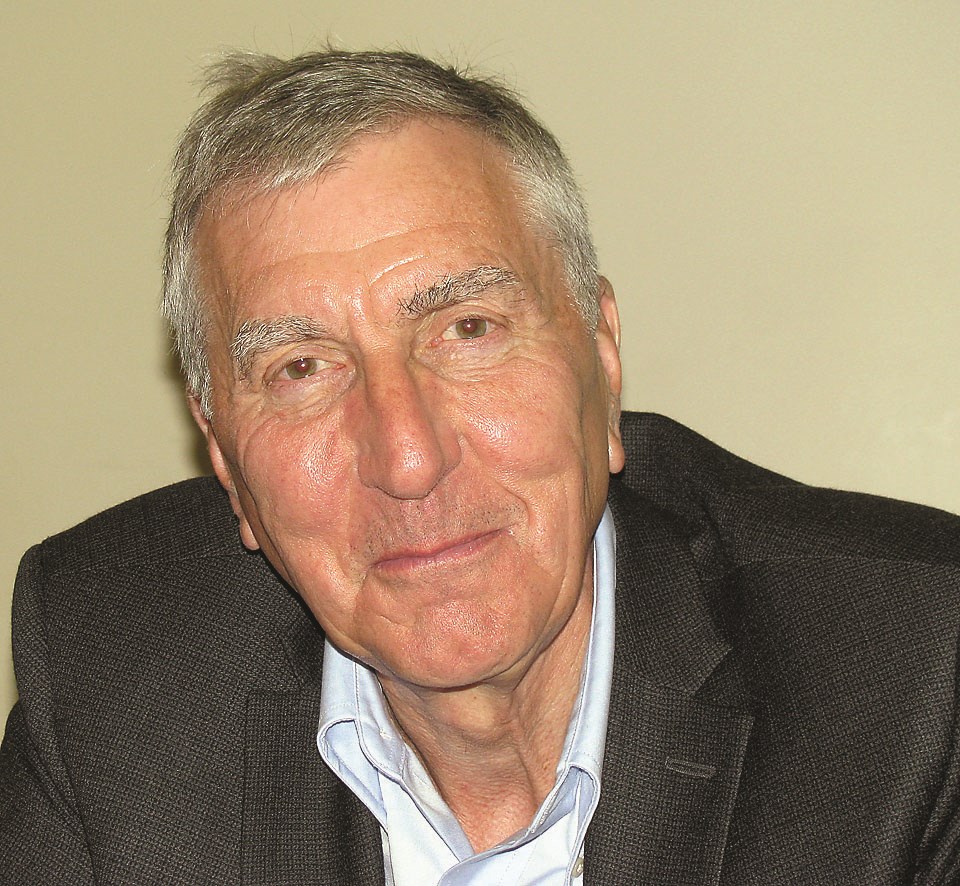Land use planner Gwyn Symmons is not suggesting Prince George turn itself into another Vancouver, a city renowned for close-quarter living, but he is making a case for a "gentle" step towards higher density in the coming years.
Symmons, who was in Prince George this week as part of a speakers series put on by UNBC's Community Development Institute, says many communities are turning to "gentle density" as a beneficial way to address their predicted growth poses.
By 2025, the Prince George's population is projected to have as many as 90,000 people, according to the city's official community plan, compared to 76,280 according to the latest B.C. Stats estimate, "so you could have quite a substantial number of people coming to town," Symmons said.
Prince George has plenty of land - it's the province's largest municipality by that count - and that has worked in the city's favour in terms of attracting new residents.
"A big thing about Prince George is housing is relatively affordable and people enjoy detached homes and outdoor equipment and stuff, so that's a really nice feature," said Symmons. "But it does carry a cost in terms of municipal infrastructure, services - snow clearing, garbage collection, all those things - in term of the lower density you get."
Finding ways to increase that density will help keep those tax bills down, Symmons said, "but gentle density. Not suddenly going to big apartments but smaller lots."
In that name, Symmons noted "pocket neighbourhoods" where smaller housing is grouped around an open space, have become commonplace.
"There are quite a few of those down in Washington," he said.
Bolstering Symmon's argument is a prediction that about one-quarter of the city's population will be over 65 years old by 2025 as the baby boomers get older.
As much as everyone would like to stay in their own homes for as long as possible, Symmons said denser and different kinds housing will be needed to retain retirees. "They are not going to be able to maintain their gardens in the same way, they are going to become more and more mobility impaired," he said.
Some cities could reach the point where "scooter congestion" will be an issue.
"We're going to see a lot of very old elderly - 85 or 90 years old - and they're still going to be mobile and active and we're going to have to design our communities to accommodate that," Symmons said.
Symmons also had some thoughts on revitalizing the downtown, noting Prince George is among several B.C. cities facing the same problem due to a change in the pattern of retailing that began with malls and continued with big box stores.
A strategy many are pursuing is to give people a reason to come downtown, like night markets, where a street is closed off for an evening of sidewalk sales and food. Many cities in Germany even hold such events in the winter, he noted, with "gluhwein" or glow wine a central draw.
"Pop up" cafes, where a deck is put out onto the street and a patio is put in place where people can sit and eat during the summer, augmented with gas heaters during the winter,was another idea Symmons raised. Pop up parks and pop up stores are other variations.
"I'm not looking at advocating spending vast amounts of money but by programming and doing some of the things like pop ups, you can create an environment which will make downtown an interesting place for small retailers," Symmons said. "You've already got a lot of them, build on them."
Symmons founded CitySpaces Consulting Ltd., a small company that has been in business for 25 years now. It employs 22 people with offices in Vancouver, Victoria and Calgary.



